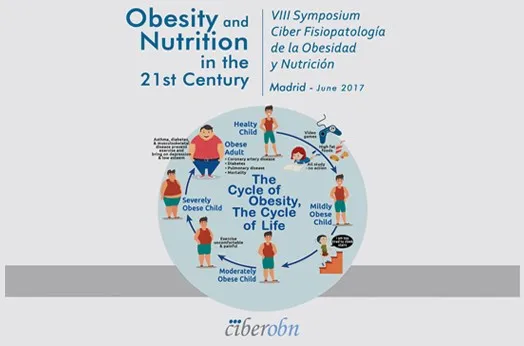Researchers at the University of Copenhagen, in Denmark, together with colleagues from the University of Colorado and the University of Tufts, in the United States, the Center for Biomedical Research in the Physiopathology Network of Obesity and Nutrition (CIBEROBN), in Madrid, andGels, Inc., in the United States, presented new data that demonstrates that sugar (glucose) should be used in fasting blood and/or fasting insulin to select the appropriate diet, particularly for people with prediabetes and diabetes.
Evaluated through six interventionist diet studies using a variety of nutrition strategies, these biomarkers were repeatedly revealed as predictors of weight loss and maintenance success.The specific diets that will work differ according to whether a patient has normal blood sugar, prediabetes or lives with diabetes, as indicated by the results of this work, which are presented in the 77th scientific session of the American Diabetes Association, which is celebrated inSan Diego, California, United States, until Tuesday.
"Notably, for many patients, the use of these biomarkers can lead to weight loss of between six to seven times greater," says co -author Arne Astrup, professor at the Department of Nutrition, Exercise and Sports of the University of Copenhagen, Denmark."In the future, we can educate patients when a diet who planned to continue really would make them gain weight and redirect them to a strategy that we know will work for them," he adds.
Determine the diet based on these biomarkers
The studies show that, for a successful weight loss, blood sugar should be used in fasting and fasting insulin to select an approach that has been shown to work based on those biomarkers.For most people with prediabetes, a diet rich in fiber without calorie restriction will be very effective and it has been shown to improve diabetes markers.In this population, carbohydrates or fats should be adjusted based on fasting insulin levels.
For people with type 2 diabetes, a diet rich in healthy fats based on plants (such as olive oil, nuts and avocados) will be effective in achieving weight loss.Researchers recognize that no solution will work for each patient, but for many in the United States and the European Union, these strategies are probably more effective than a generic approach, "unique size".
"Our research shows that weight loss strategies must be personalized based on the biomarkers of an individual, which is a great step forward in the use of personalized nutrition to help people achieve greater success in weight loss-Astrup continues.
The University of Copenhagen will continue to participate and support research to explore additional biomarkers, such as intestinal microbiota and genomic approaches, which can offer more information and help better predict success with specific diets.


